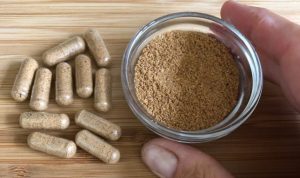


Thriving with Holistic Nutrition, Healing Foods, and Health Coaching



I compiled some essential information about supplements into a one-page handout and I hope you find it helpful.
Dietary Supplements: Essential Information
Hello!
I wanted to share some of the helpful websites that have science-based educational information on the American College of Lifestyle Medicine Pillars of Health (general health, nutrition, physical activity, sleep, stress, toxic exposures and social support). I will not get any commission or compensation in case you decide to visit these websites. I simply believe that these websites share reputable science-based information that you may find helpful. Feel free to reach out of you have any questions.
GENERAL WELLBEING:
NUTRITION and HYDRATION:
PHYSICAL ACTIVITY:
SLEEP:
STRESS:
SOCIAL SUPPORT:
TOXIC EXPOSURES: